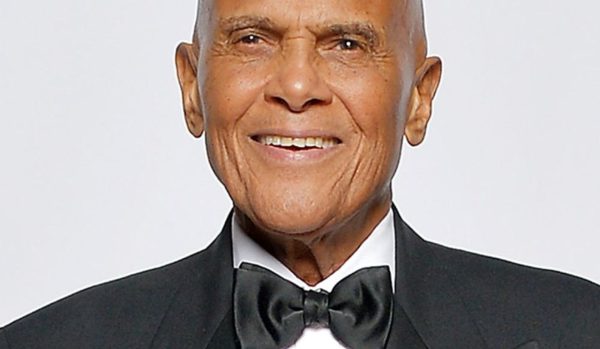
By: Nicholas Nam
Last week, the world lost one of the 20th century’s greatest artists, activists, and humanitarians in Harry Belafonte, whose work and involvement influenced history from the Civil Rights movement to the South African struggle for human rights to the increased visibility of Caribbean music.
Born in Harlem to a Jamaican mother and a Martinican father, Harry Belafonte spent several formative years in Jamaica before returning to New York in 1940. He would later recall that Kingston “was the city that always sings.”
His celebrity grew as he charmed audiences through his acting and music, careful to always inject depth and dignity into his performances. His third studio album, Calypso, released in 1956, was colored by his Caribbean heritage, and brought the sounds and stories of the islands to audiences across the globe. Bearing the tracks “Jamaica Farewell” and “Day-O (Banana Boat Song),” Calypso was the first album to sell over a million copies.
But for Mr. Belafonte, art, and any commercial success that it attracted, was always a means to an end. He blurred the lines between art and activism endlessly. Mr. Belafonte leveraged not only his wealth and fame, but also his limitless courage, as he resisted – and raged against – a broken status quo, risking life and livelihood to uplift Black people – first in America, then throughout the world.
He found himself working closely with Dr. Martin Luther King Jr. in the struggle for civil rights in the U.S. during the ‘60s, helping to finance initiatives such as the Freedom Rides and bailing protestors out of jail. Later, his ambitions stretched to Africa as he fought vigorously for the end of apartheid in South Africa, and orchestrated the recording and release of “We Are the World” in 1985 to send food, medicine, and other aid to Ethiopia, Sudan and Somalia.
While the bulk of Harry Belafonte’s recordings preceded the emergence and boom of roots reggae music, he embodied its socially conscious and rebellious nature through a life spent in protest. “I’ve searched this land for happiness / Before my days are done, will my burden be less?” he wrote and sang on the Recognition, his first-ever single, released in 1949. Certainly, he helped ease the burdens of others.


